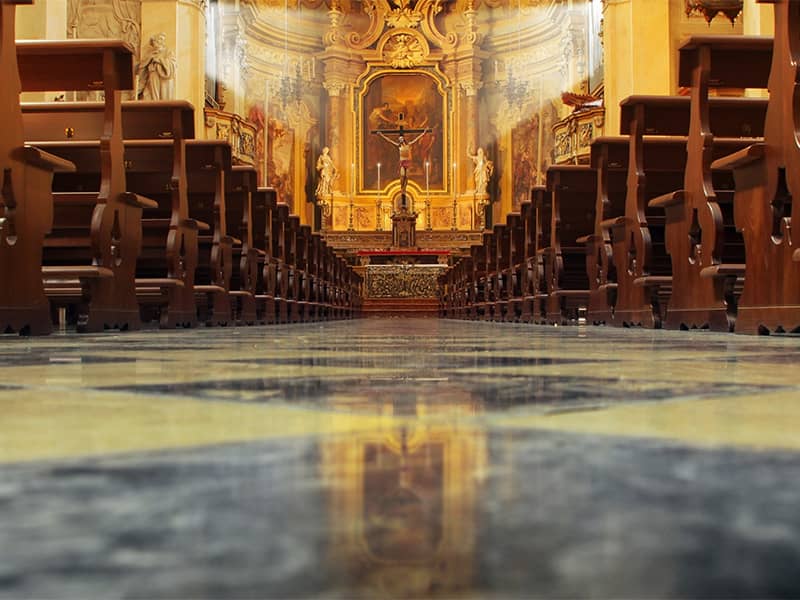The church synod, the ruling body, closed a five-day session in the northern city of York declaring there were "circumstances in which a divorced person may be married in church during the lifetime of a former spouse." But, it insisted, those circumstances must be "exceptional."
Church of England law holds that marriage should not be dissolved, although it permits divorce for grave causes, especially adultery. The church frowns on second marriages while the former spouse is alive. However, parish priests can decide independently to allow a church wedding for a divorcee, and many do.
The Church of England is the country's established state church, created in 1534 when King Henry VIII rejected the supremacy of the pope. Queen Elizabeth II is its temporal head.
On Monday, the synod - the church's governing parliament, made up of clergy and lay people - rejected a motion that sought to remove the prime minister and the monarch from their roles in the appointment of bishops. Some Anglicans say changing the monarch's role in appointing bishops - including the Archbishop of Canterbury, who is the religious head of the church - would be a step toward disestablishing the church.
Under the current system, the synod provides six of 13 members on the Crown Appointments Commission, which will recommend two nominees to Prime Minister Tony Blair. After Blair chooses between the two finalists, the queen makes the formal appointment.
The gathering also passed a motion of appreciation for outgoing Archbishop of Canterbury George Carey, who retires in October after 11 years as the church's spiritual head.

